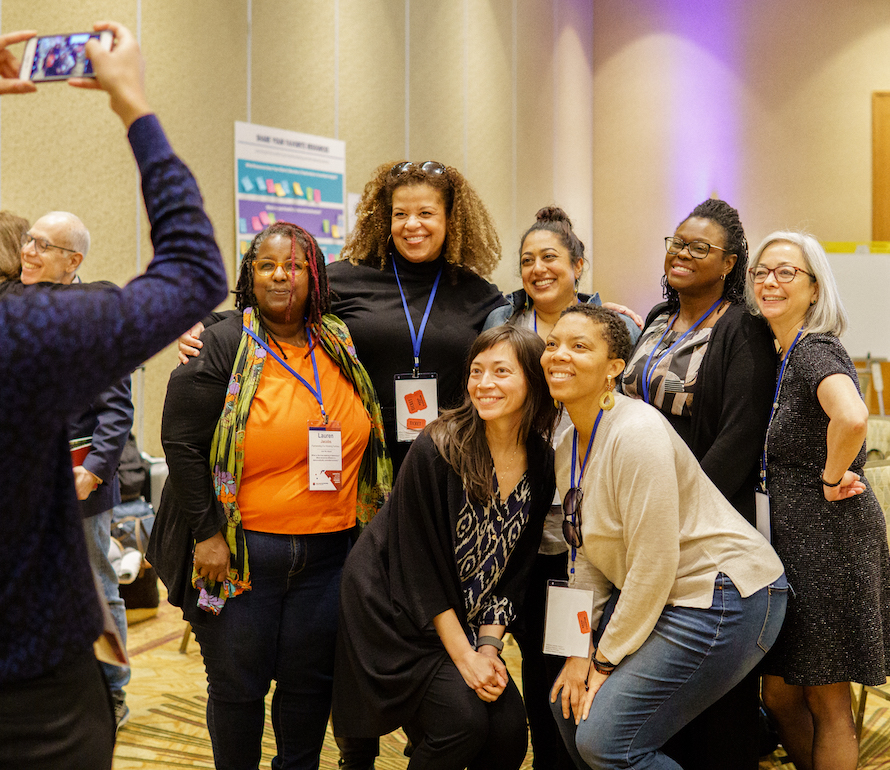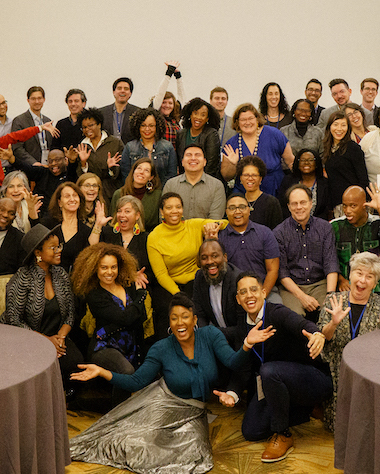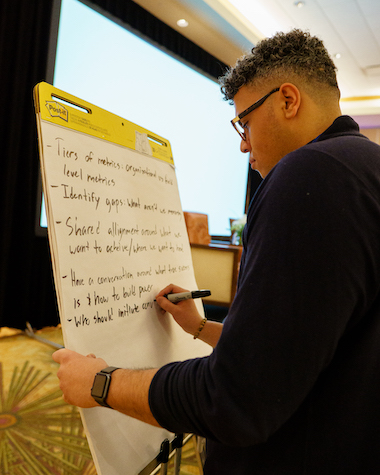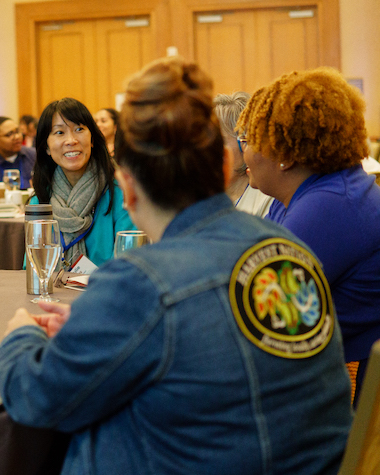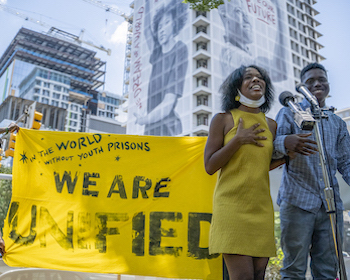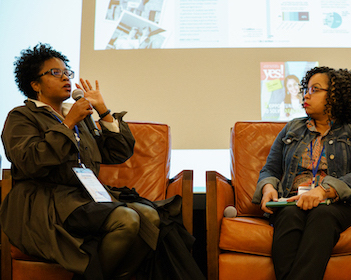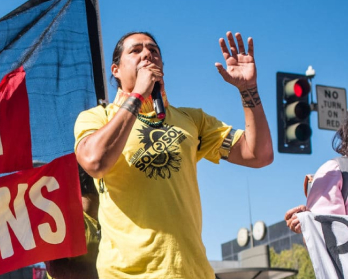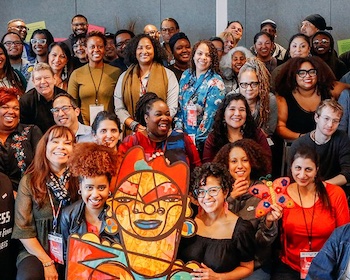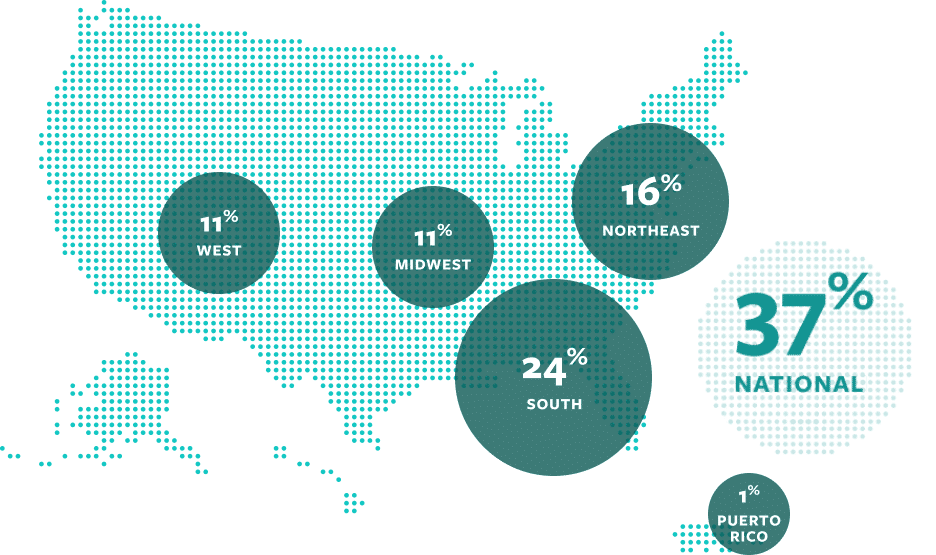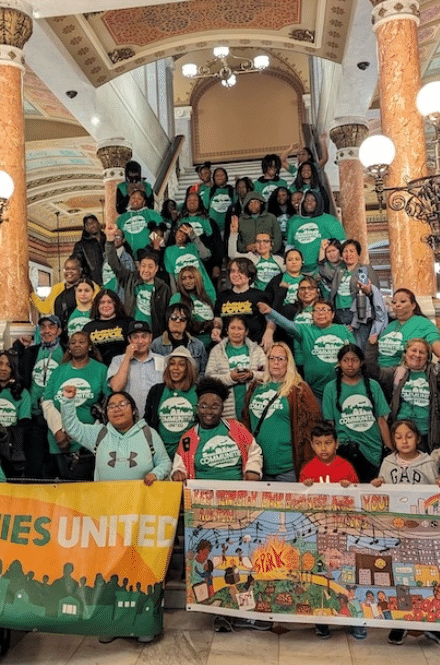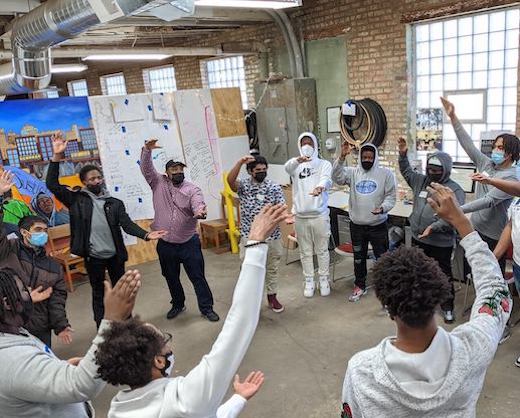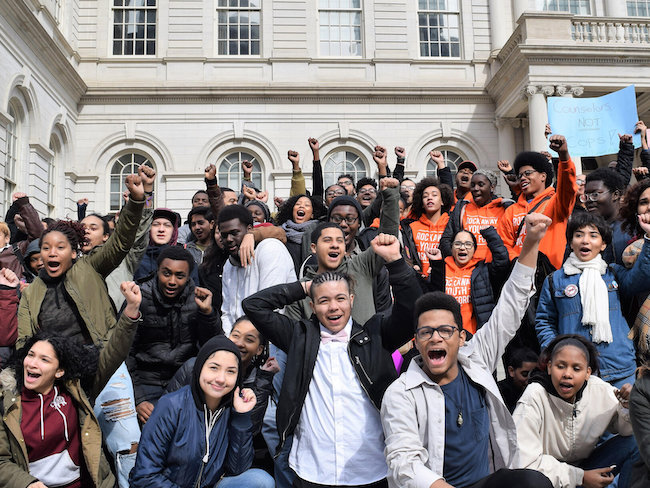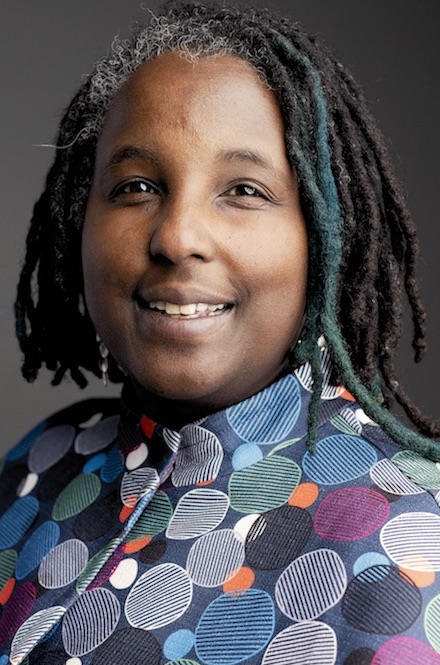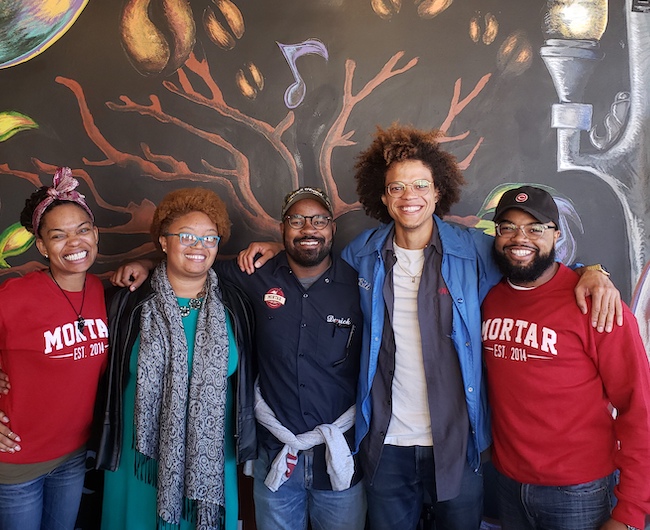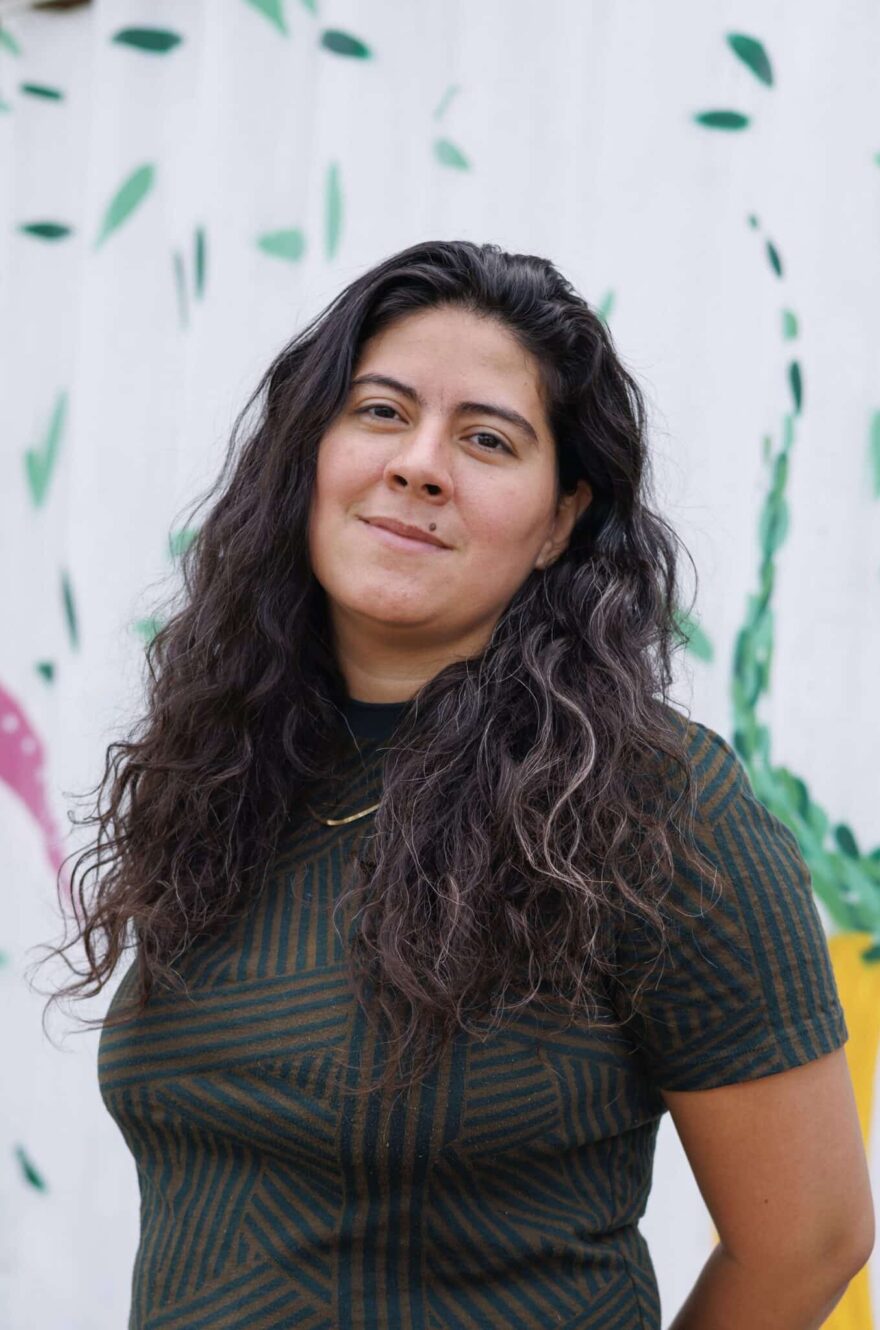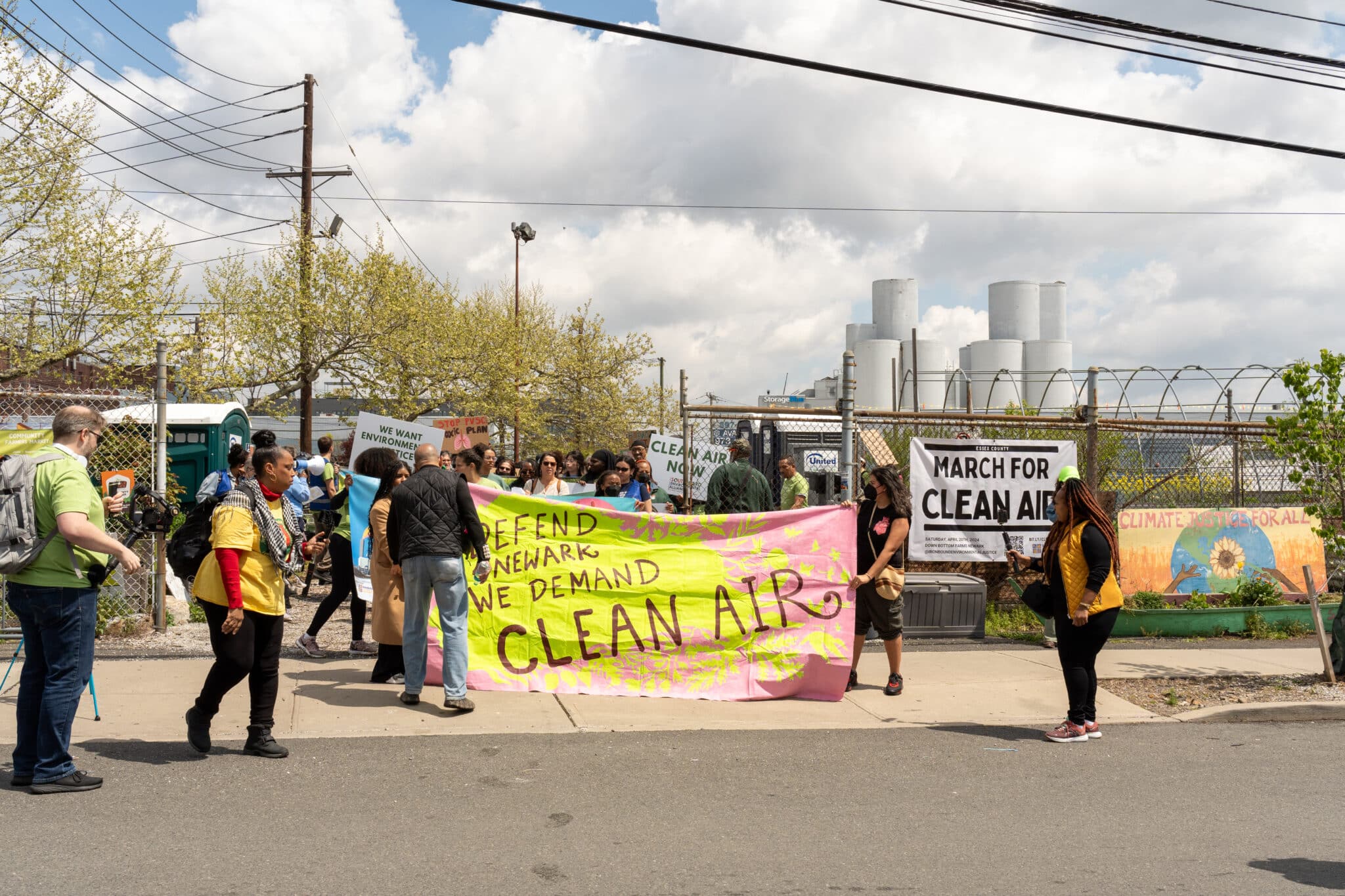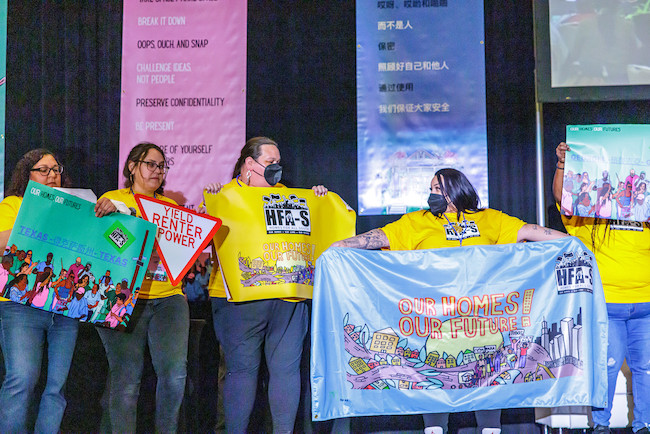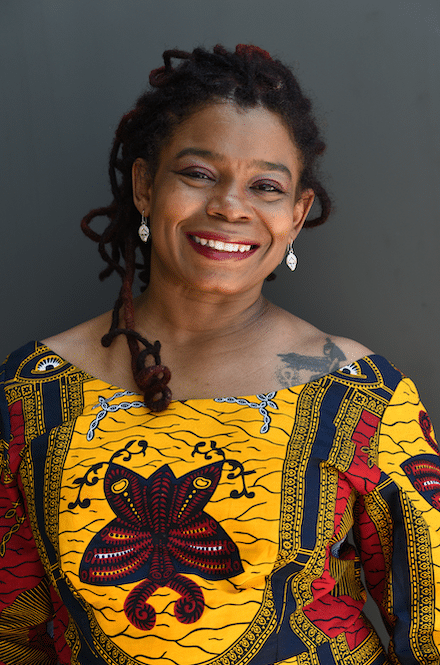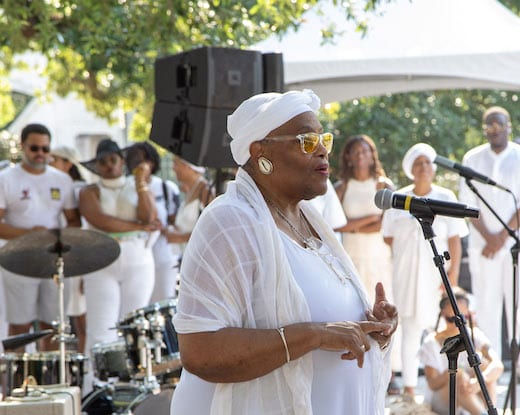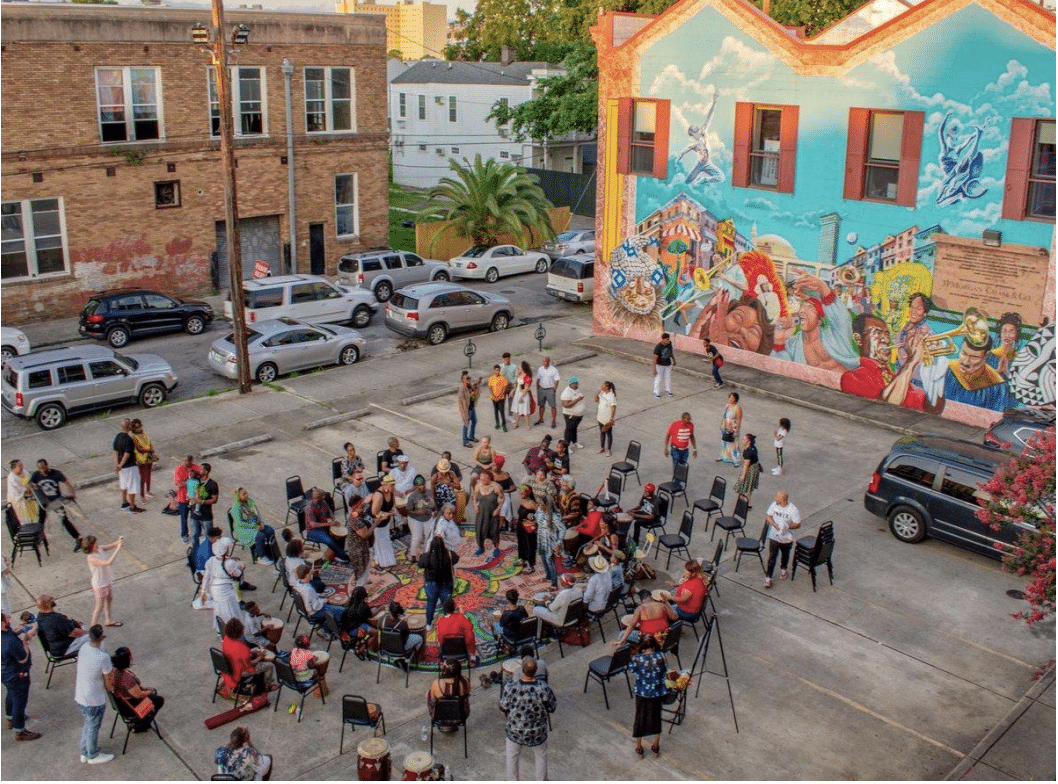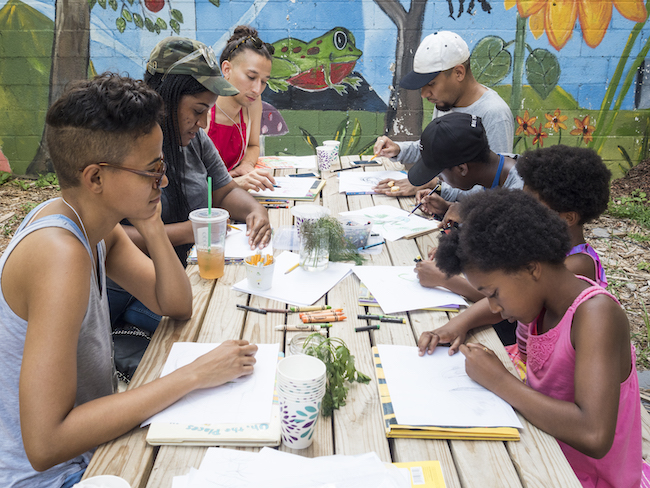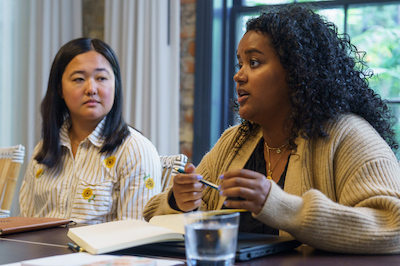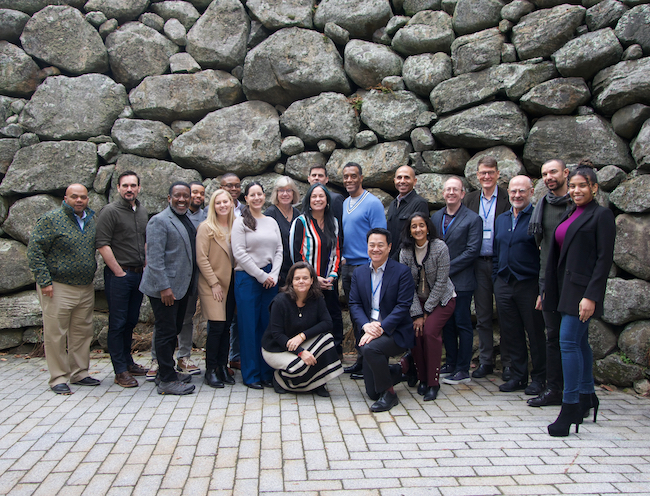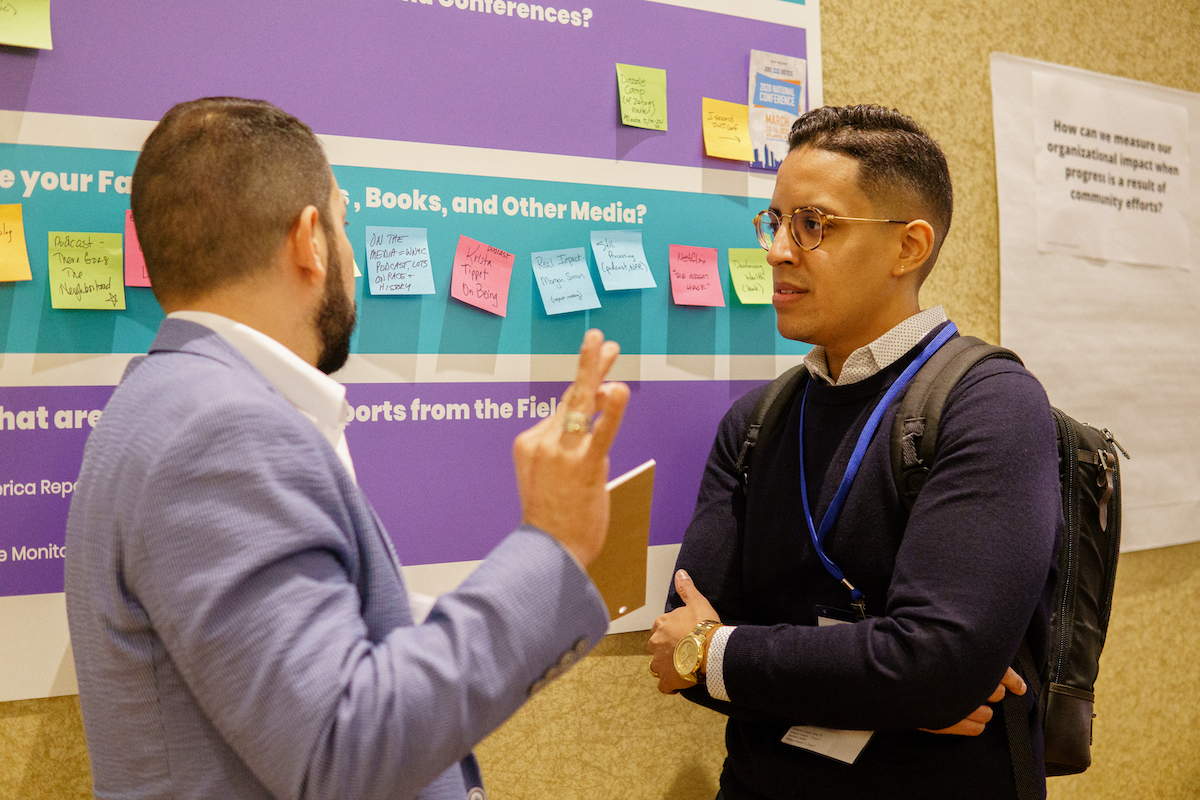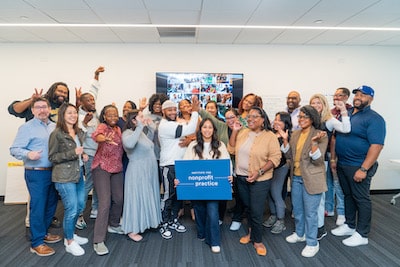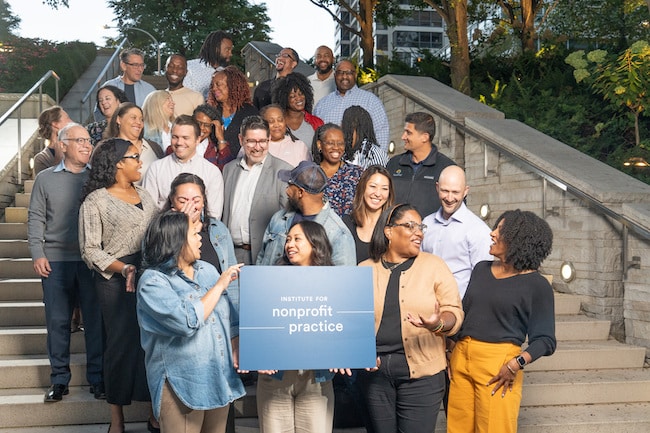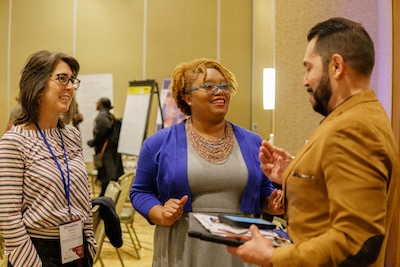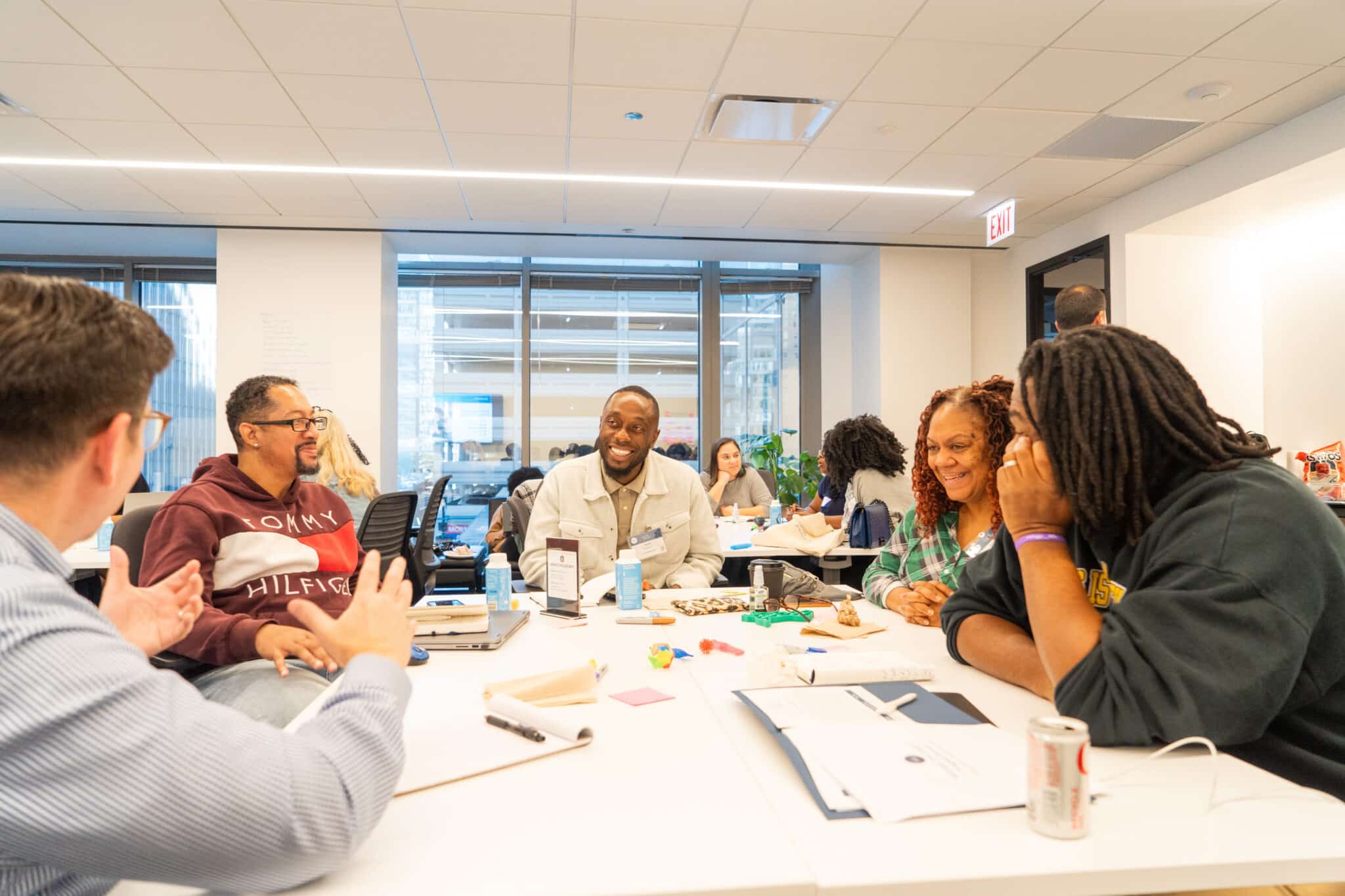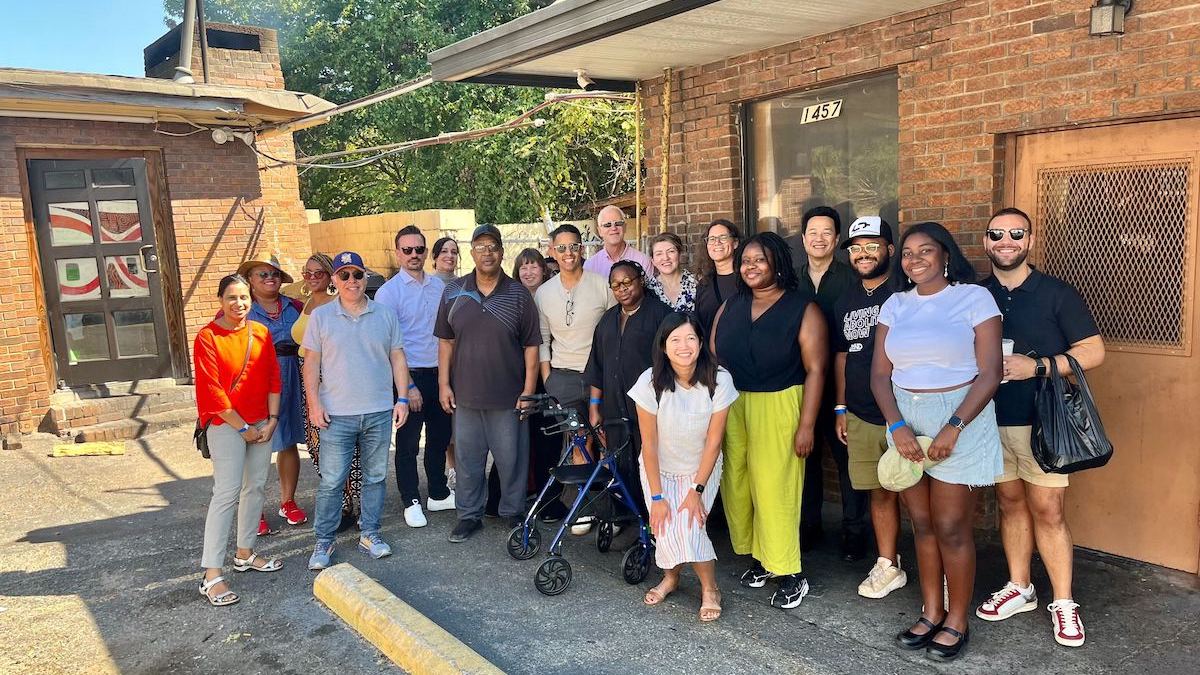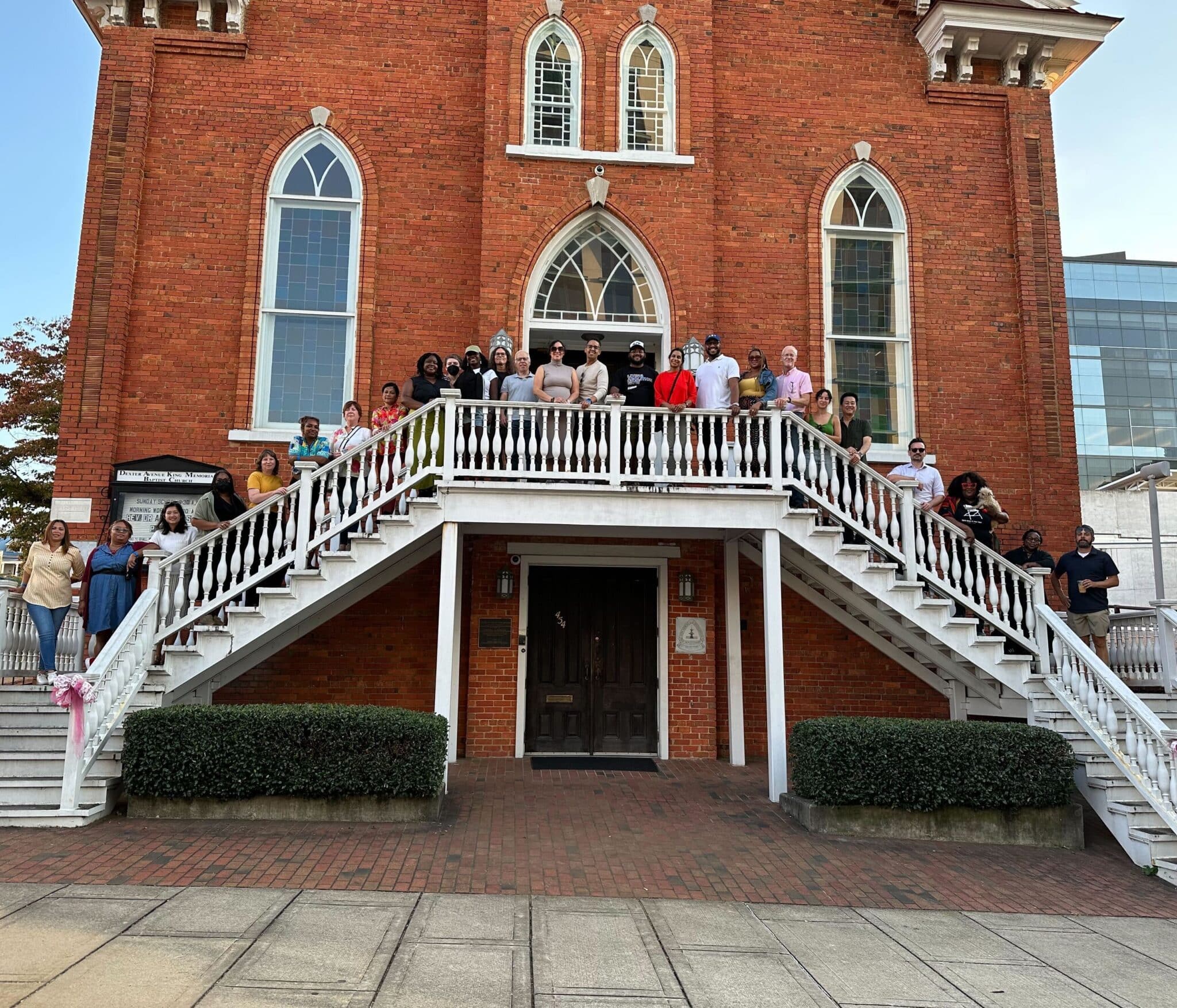 Don Chen, president of the Surdna Foundation
Don Chen, president of the Surdna Foundation
What does it take to turn a commitment to racial justice into meaningful action? That’s the question I asked myself when I joined the Surdna Foundation as president in 2018.
Just months earlier, Surdna had announced refined grantmaking strategies that “reflect the foundation’s belief that racial justice must underpin social justice.” As I worked with colleagues to determine what effective implementation would require, we realized that we needed to interrogate every aspect of our work and devote all the foundation’s tools—grantmaking practices, operations, governance, communications, and investing—to fulfill this important mission, all while navigating successive societal upheavals, including a global pandemic, a profound reckoning with racial injustices, intensified polarization, and a backlash against racial equity and inclusion initiatives.
Social justice is about treating everyone with fairness and equity, regardless of their background, social status, or other characteristics. It addresses the root causes of inequity rather than the symptoms.
This Impact Report details how we progressed on this journey and what we’ve learned along the way. Drawing from six years of grantmaking data and examples, we offer stories, ideas, and lessons about grantee partners’ impactful work to foster more just and sustainable communities.
Our support for this work reflects the way Surdna’s staff, board, and grantees have worked together to respond to acute challenges, chronic conditions, and difficult trade-offs. To do that, we have used our longstanding approaches to grantmaking and leadership, such as our “high touch” trusting relationships with grantee organizations, and our efforts to help colleagues “beyond the money” by making introductions to decision makers and other funders, hosting convenings, and using our influence to improve conditions for positive change.
But the pandemic demanded more. We took our well-established approaches several steps further by eliminating unnecessary paperwork and procedural hoops, asking for and acting on grantee feedback, and developing a new approach to financial due diligence that significantly lessens the burden on grant applicants.
After the murder of George Floyd and the beginnings of a national reckoning with racial injustices, our board surged Surdna’s grantmaking by a total of $45 million over three years—an increase of nearly 40 percent—to support grantees’ efforts to meet the moment. When the Supreme Court overturned affirmative action in higher education admissions, we reaffirmed our unwavering commitment to racial justice and have sought to deepen our efforts by engaging with external stakeholders and boosting our learning efforts.
- $45M Increased spending for racial justice over three years
- 64% Of Surdna’s total grantmaking is unrestricted
- 76% Of Surdna’s grants are multiyear
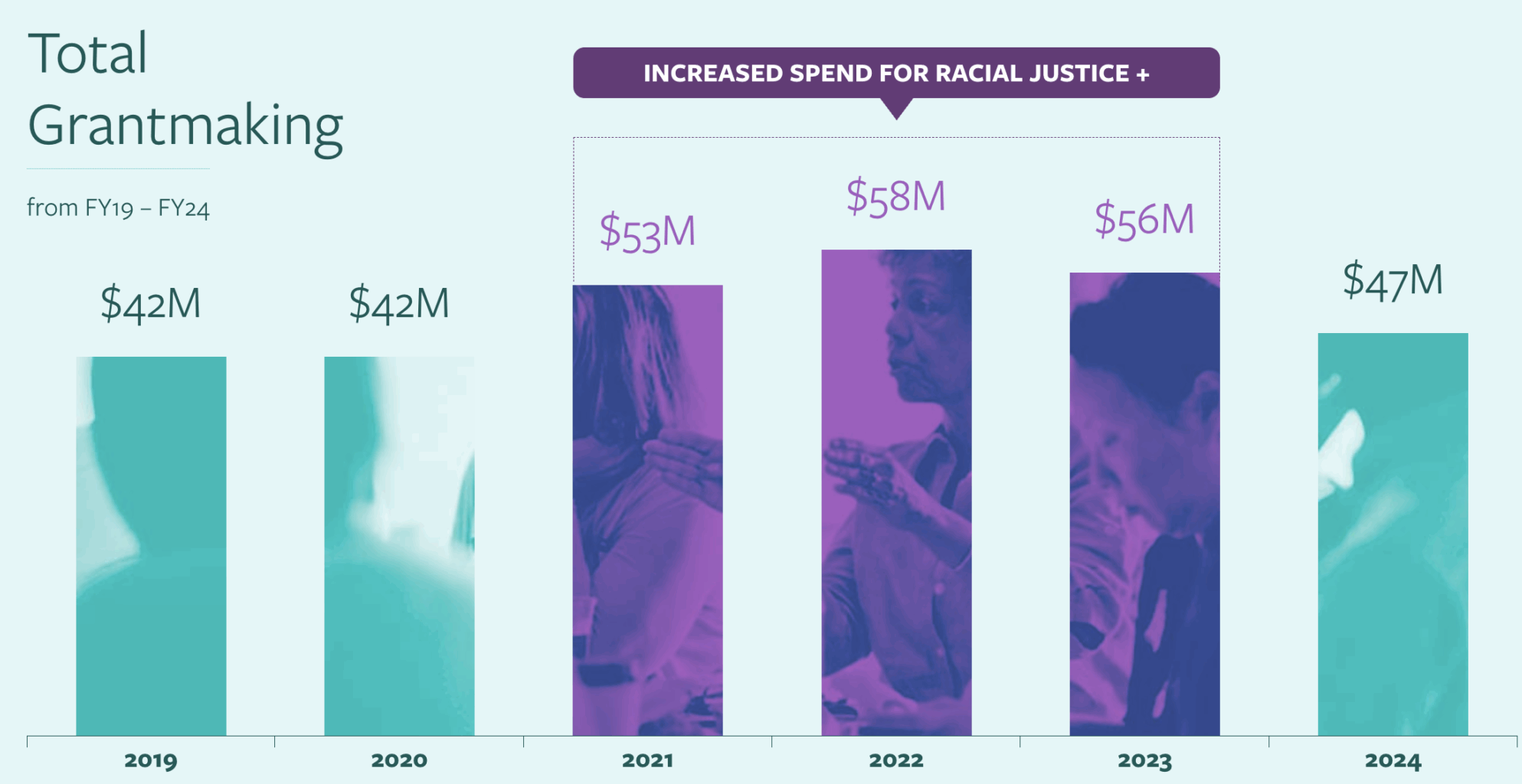 Grantmaking Trends FY2019 – FY2024 (July 1, 2018 – June 30, 2024)
Grantmaking Trends FY2019 – FY2024 (July 1, 2018 – June 30, 2024)
Today’s circumstances also demand more. Our board members, most of whom are fifth-generation descendants of Surdna’s founder, John E. Andrus, have remained unanimously resolute in their commitment to racial and social justice.
The stories in this report illustrate the ways in which we are fulfilling that commitment to deliver greater impact.
Don Chen
President, Surdna Foundation


